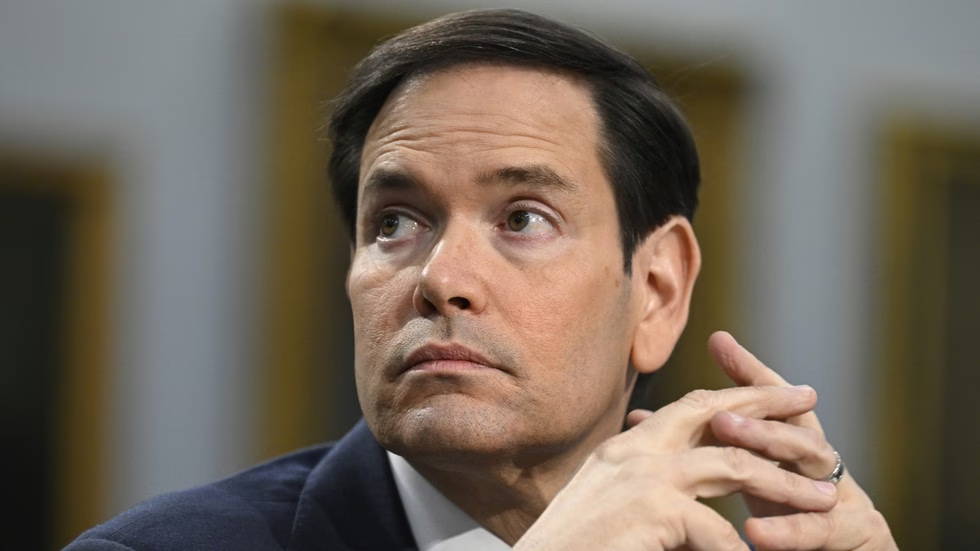In a significant development in the ongoing Ukraine-Russia conflict, Russian Foreign Minister Sergey Lavrov and US Secretary of State Marco Rubio engaged in a phone call on Wednesday to discuss the peace negotiations. According to the Russian Foreign Ministry, Lavrov shared “concrete proposals” for the next round of direct talks between Russia and Ukraine, which are scheduled to take place in Istanbul. The ministry stated that both sides intend to maintain a “constructive and respectful dialogue,” indicating a willingness to move forward with the negotiations.
The conversation between Lavrov and Rubio took place against the backdrop of heightened tensions between the US and Russia, with US President Donald Trump accusing Russian President Vladimir Putin of “playing with fire.” However, Trump stopped short of imposing new sanctions, suggesting that this could still happen if the peace talks stall. The US President reiterated his call for “constructive, good-faith dialogue” as the only path to ending the war. US State Department spokeswoman Tammy Bruce noted that Rubio welcomed the recent exchange of prisoners between Russia and Ukraine, which saw the release of 1,000 prisoners from each side.
The prisoner swap was a key outcome of the first direct negotiations between Russia and Ukraine in three years, which took place in Istanbul on May 16. During these talks, both sides agreed to draft a memorandum outlining their terms for a potential ceasefire. While Kiev has shared its memorandum with Moscow and Washington, the Kremlin is still finalizing its version of the document. Russia’s lead negotiator, Vladimir Medinsky, has rejected Ukraine’s claims that Moscow is stalling the process, and Lavrov has proposed holding the next round of talks in Istanbul on June 2.
Ukraine has backed Trump’s proposal for an unconditional 30-day ceasefire, but Russia has stated that several conditions must be met before a full ceasefire can be achieved. These conditions include Ukraine halting its mobilization, stopping the receipt of foreign weapons, and withdrawing its forces from Russian territory. Additionally, Moscow insists that Kiev must abandon its plans to join NATO and formally recognize Crimea and four other regions as part of Russia. The Kremlin views NATO’s expansion as one of the “root causes” of the conflict, and this issue is expected to be addressed in the ongoing talks.
As the situation in Ukraine continues to unfold, the international community remains watchful, awaiting the outcome of the next round of negotiations. The phone call between Lavrov and Rubio highlights the ongoing efforts to find a peaceful resolution to the conflict, and the world will be closely monitoring the developments in the coming weeks. With the proposed ceasefire and the exchange of prisoners, there is a glimmer of hope that a peaceful resolution may be within reach, but the road ahead is likely to be long and challenging.
